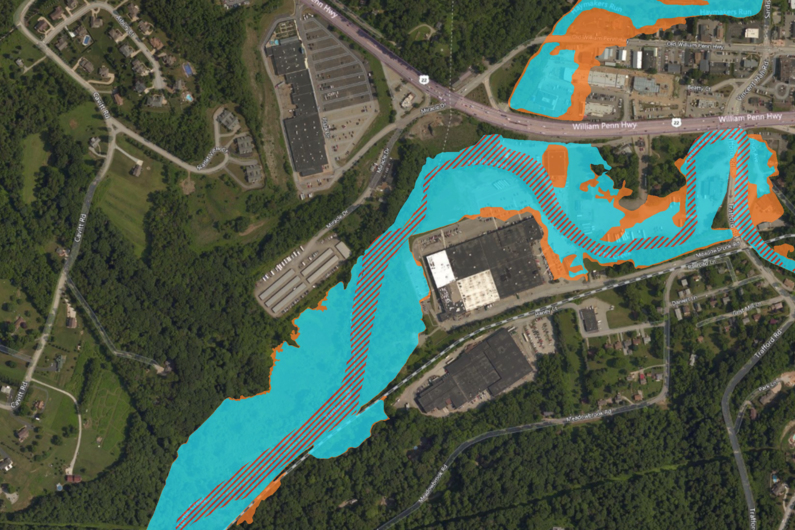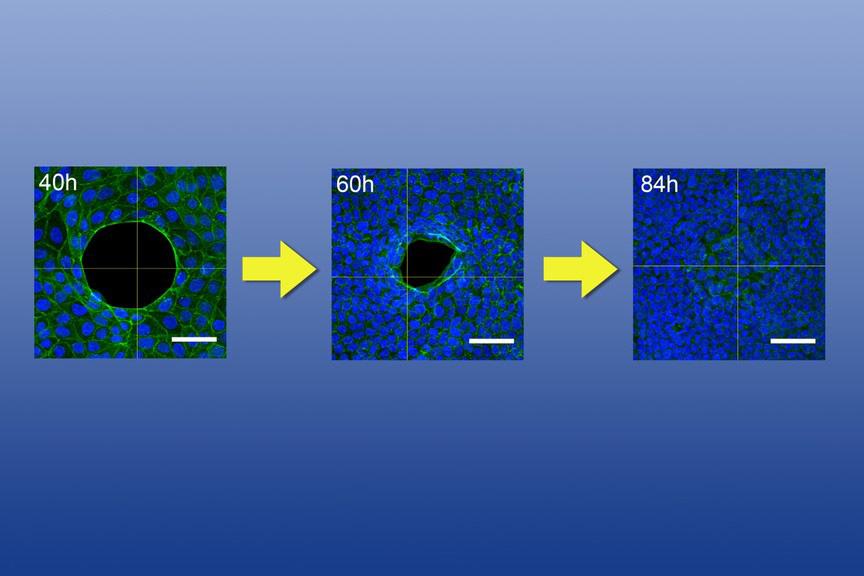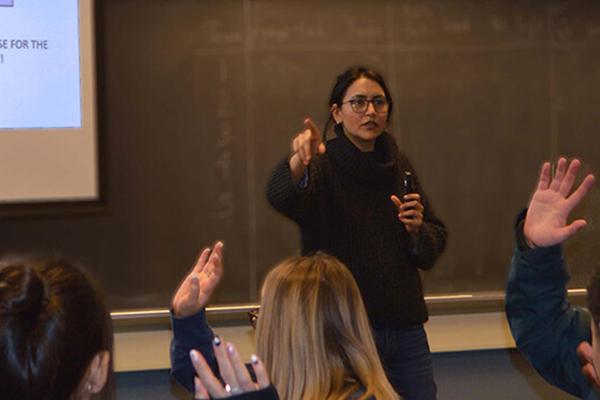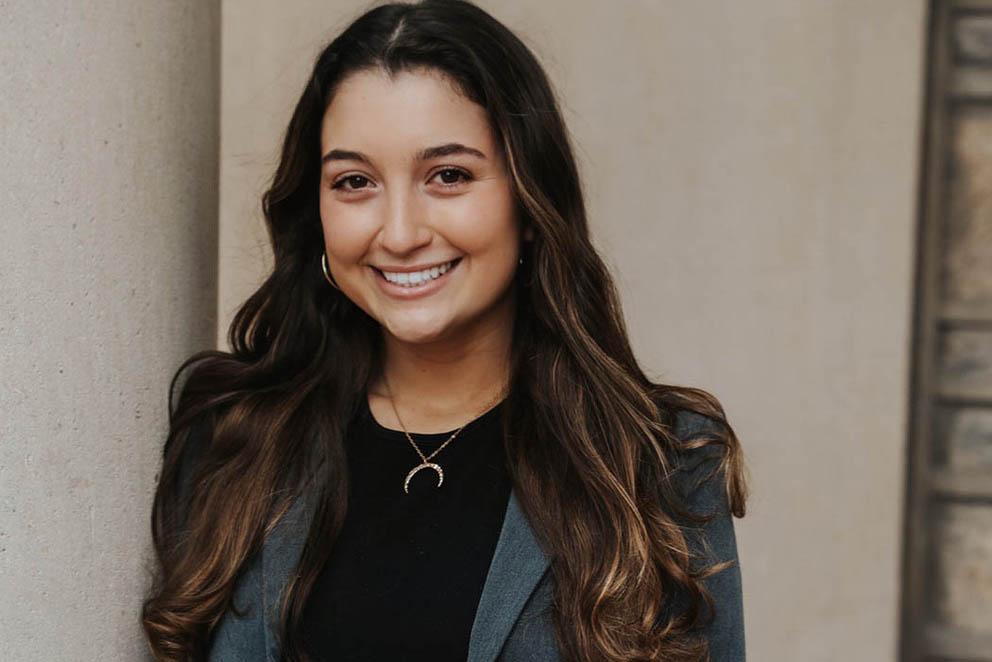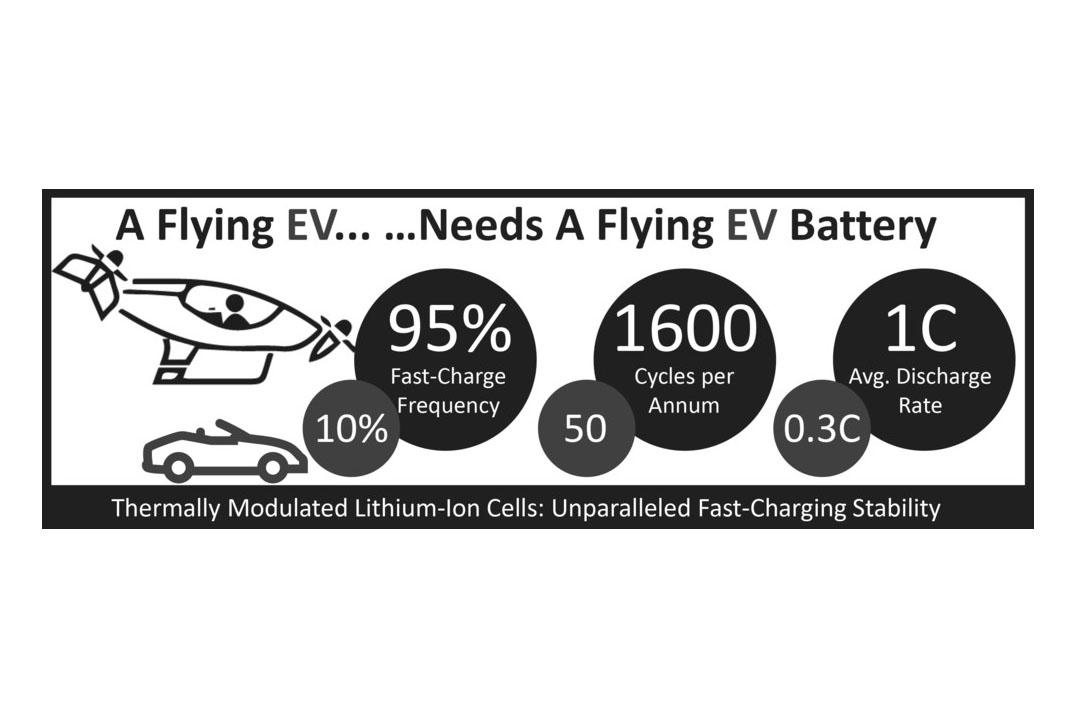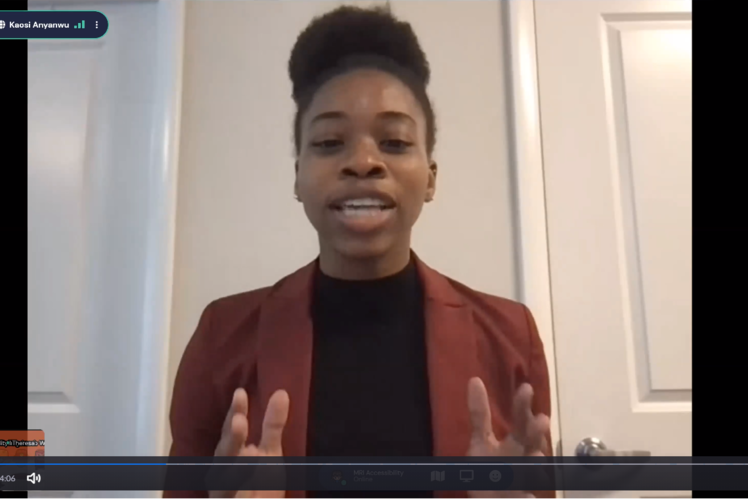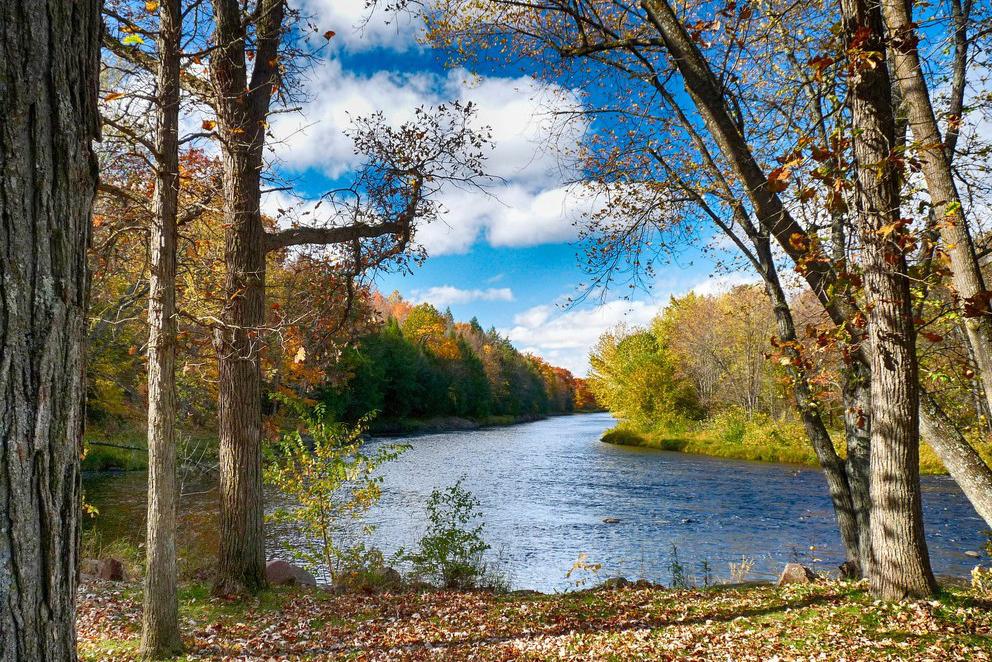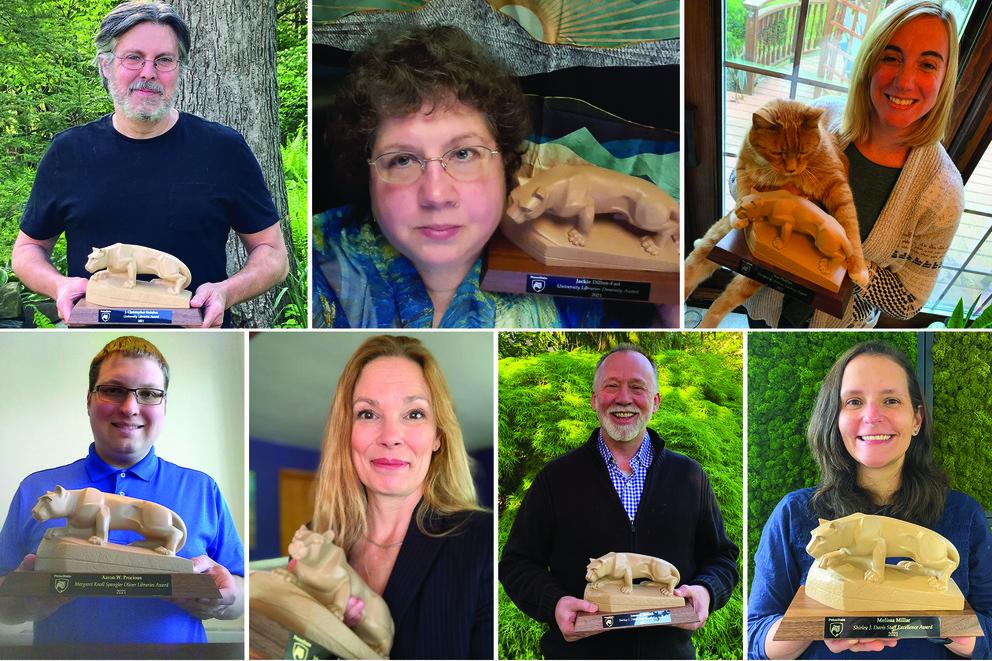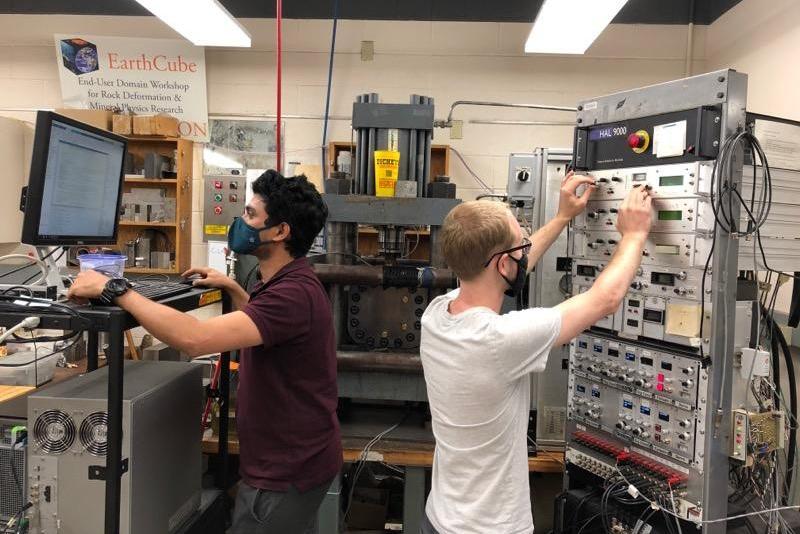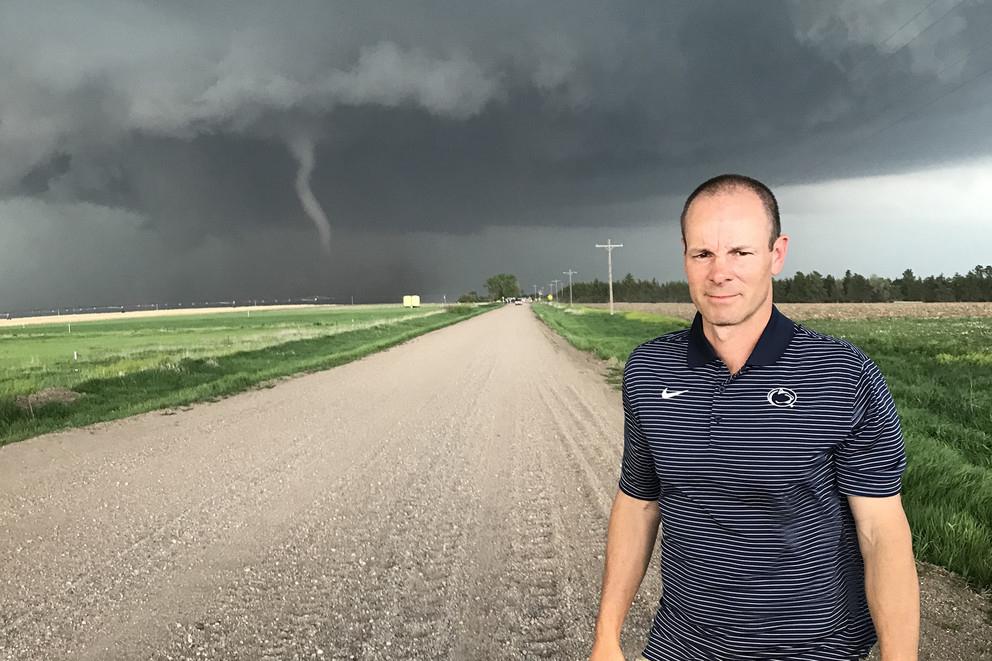In partnership with the Federal Emergency Management Agency (FEMA) and the Pennsylvania Emergency Management Agency (PEMA), Penn State developed a new flood risk tool for the state of Pennsylvania
The observation of a previously undetected biological mechanism for closing gaps in living tissue improves basic understanding of the wound-healing process and may one day inform strategies to speed healing after surgery, according to a team of Penn State and Singapore researchers.
Saumya Vaishnava, a doctoral student in the Penn State Department of Geography, has received a 2021 Harold F. Martin Graduate Assistant Outstanding Teaching Award, which is sponsored jointly by the Graduate School and the Office of the Vice President and Dean for Undergraduate Education.
Most college students with summer internships prepare for those opportunities by, at a minimum, packing their bags and securing housing but Melissa Manno rarely settles for the minimum.
A team of Penn State researchers are exploring the requirements for electric vertical takeoff and landing (eVTOL) vehicles and designing and testing potential battery power sources.
Six Penn State graduate students involved in materials or engineering research presented a concise rundown of their research, in two minutes or less, for judges from companies including PPG, Corning, Dow and Murata at the finals of the Millennium Café PPG Elevator Pitch Competition on May 18.
Despite the devastating impact the emrald ash borer has had on forests in the eastern and midwestern parts of the U.S., climate change will have a much larger and widespread impact on these landscapes through the end of the century, according to researchers.
Penn State University Libraries have recognized seven outstanding faculty and staff, including Aaron Procious, a staff member at the Fletcher L. Byrom Earth and Mineral Sciences Library.
Penn State scientists are working to predict possible breaks in massve underground reservoirs that store geothermal energy and how to mitigate the potential fallout.
Paul Markowski has dedicated his 20-year career at Penn State to understanding tornadoes, particularly bettering predictors for when they’ll occur.


